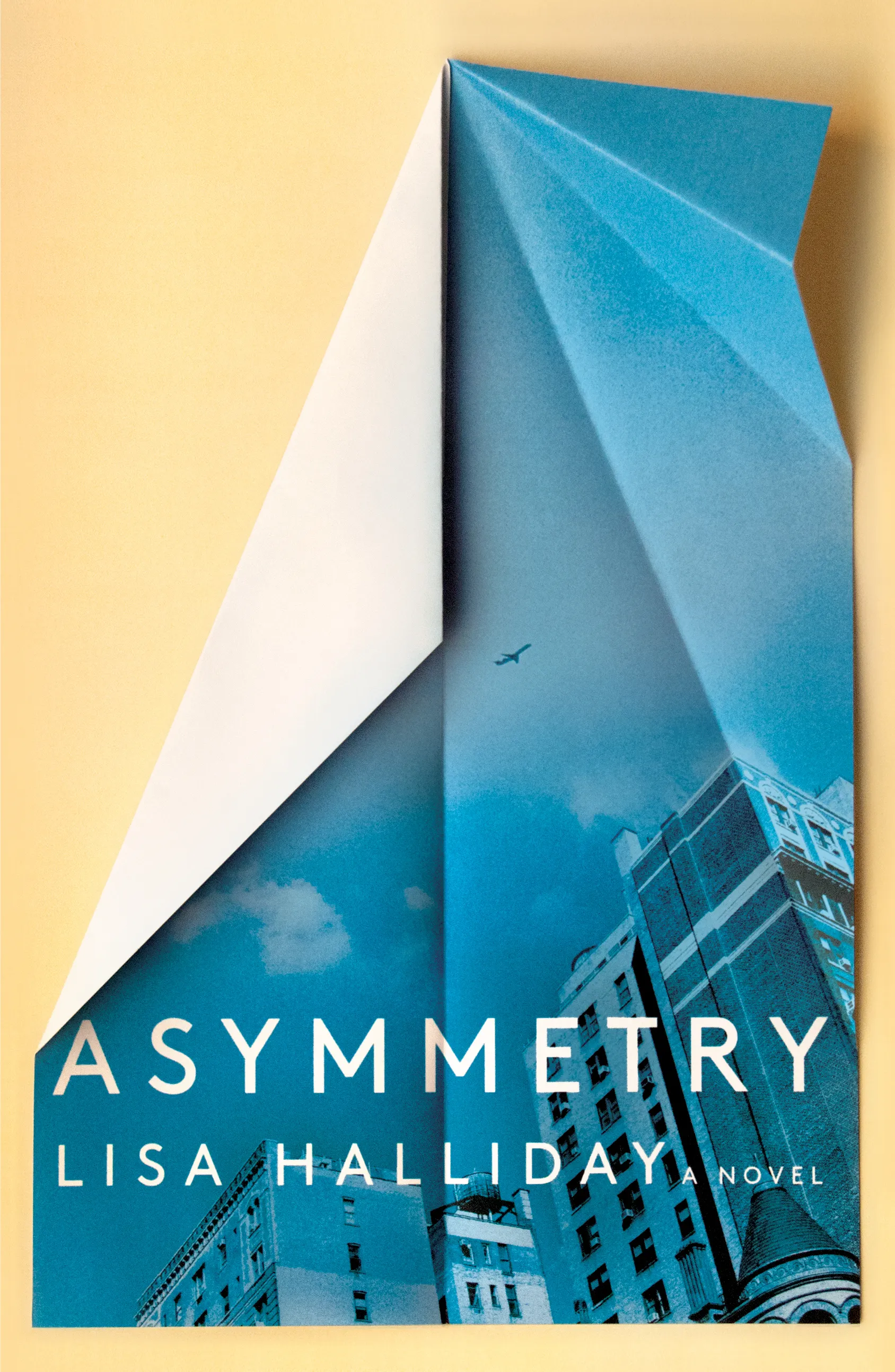
Some days, it could even seem to her that she was making a kind of progress with this routine—as though the laps she swam were not the selfsame distance traveled and untraveled over and over, but lengths laid like pipe end-to-end and that would someday deliver her to a destination as far away as their great sum.
It gave the land beyond it a wilder feel, uncharted and unreachable by the steel veins of the metropolis—whose relentless intensity had lately seemed increasingly at odds with Alice’s dream of a more contemplative life. A life of seeing, really seeing the world, and of having something novel to say about the view. On the other hand: Could all the rural quietude on earth cure the anxiety of self-doubt? Was she even capable of being alone for as long as it took? Would it make her life any less inconsequential than it was now? And, hadn’t he already said everything she wanted to say?
The effect, on Alice, was dazzling and demoralizing all at once: reverberating in her sternum, the music made her more desperate than ever to do, invent, create—to channel all her own energies into the making of something beautiful and unique to herself—but it also made her want to love. To submit to the loving of someone so deeply and well that there could be no question as to whether she were squandering her life, for what could be nobler than dedicating it to the happiness and fulfillment of another?
According to Calvin Coolidge, economy is the only method by which we prepare today to afford the improvements of tomorrow. Whatever else you think about Coolidge, the statement does seem more or less correct, and when I came across it for the first time shortly after starting graduate school I thought: At last, I’m pursuing a profession befitting of my neuroses.
This is because my mind is always turning over this question of how I’m going to feel later, based on what I’m doing now. Later in the day. Later in the week. Later in a life starting to look like a series of activities designed to make me feel good later, but not now. Knowing I’ll feel good later makes me feel good enough now. Calvin Coolidge would approve, but according to my mother there is another term for such super-modulated living, and it translates roughly into not being able to live like a dog.
You would be happier, she has been heard to say, if you were more like your brother. Sami lives in the moment, like a dog.
There is always something happening, always something to be apprised of, never enough hours to feel sufficiently apprised. Certainly not if you are also nursing some nobler ambition.
I once heard a filmmaker say that in order to be truly creative a person must be in possession of four things: irony, melancholy, a sense of competition, and boredom.
But theological predestination and free will are not necessarily incompatible. If God has a definite power over the whole of existence, one can imagine this power extending to His ability, whenever He wills, to replace any given destiny with another destiny. In other words, destiny is not definite but indefinite, mutable by the deliberate actions of man himself; Allah will not change the condition of a people until they change what is in themselves. God has not predetermined the course of human history but rather is aware of all its possible courses and may alter the one we’re on in accordance with our will and the bounds of His universe.
We all disappear down the rabbit hole now and again. Sometimes it can seem the only way to escape the boredom or exigencies of your prior existence—the only way to press reset on the mess you’ve made of all that free will. Sometimes you just want someone else to take over for a while, to rein in freedom that has become a little too free. Too lonely, too lacking in structure, too exhaustingly autonomous. Sometimes we jump into the hole, sometimes we allow ourselves to be pulled in, and sometimes, not entirely inadvertently, we trip.
You observe what people do with their freedom—what they don’t do—and it’s impossible not to judge them for it. You come to see a mostly peaceful and democratic society as being in a state of incredibly delicate suspension, suspension that requires equilibrium down to the smallest molecule, such that even the tiniest jolt, just one person neglecting its fragility with her complacency or self-absorption, could cause the whole fucking thing to collapse.
Lulled by years of relative peace and prosperity we settle into micromanaging our lives with our fancy technologies and custom interest rates and eleven different kinds of milk, and this leads to a certain inwardness, an unchecked narrowing of perspective, the vague expectation that even if we don’t earn them and nurture them the truly essential amenities will endure forever as they are.